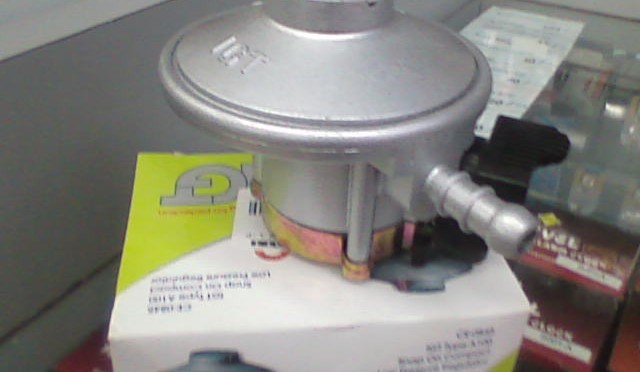Barclays Kenya just published their 2008 annual report; what does some interesting points about the banking sector.

Barclays Peek
– Is the second largest bank in Kenya behind KCB, but still tops in profit – with Kshs 8 billion ($100 million) before tax. Has 126 billion ($1.58 billion) in deposits, loans of 108 billion ($1.35 billion) and total assets of 168.5 billion shillings. It would probably reclaim the number one status from KCB, but KCB shareholders will next month absorb the assets of S&L, their mortgage subsidiary
– Shariah Banking Barclays launched La Riba in 2008 – and in 2008 they managed to mobilize over 2 billion in new la riba deposits to stand at 3.3 billion ($41 million) at end of year, but gave out just 19 million in loans
– Customers They have a popular Business club – with over 10,000 members some of whom were flown to Dubai, China and Holland. Barclays had 930,000 customers in 2008 (2007 was 580,000) – compared to Equity Bank’s 3.3 million customers, and 60,917 shareholder 60, 917 (up from 58,945 in 07)
– Staff cutback? Employees in 2008 reduced by 16% – as group had 5,571 at December 08 compared to 6,900 in December 07. In 06 they had 2,197 (but it appears in 2008, they shed the part time staff whose numbers reduced from 4115 to 1698)
– No thanks Agriculture. Agriculture is referred to as the backbone of Kenya’s economy7, but Barclays estimate their exposure to the sector to be just 1% of loans. Private industries account for 44%, with 10% each to manufacturing and to transport & communications sectors.
– Asset finance reduced?? Assets under financial lease decreased slightly – still at 6.1 billion
– Gloabl crisis / External Impact? a 1% or decrease in interest rates would impact profit about 5%, but there’s no impact from strength/weakness of Kenya shilling (bank only does business in Kenya)
– Directors: the three directors who were appointed at previous times are up for re-election on May 15; Brown Ondengo (2003), Jane karuku (2003), and Paul Phemngorem (1998). Barclays (UK) parent, with 68.5% of the vote, will pretty much determine who will remain or leave the board. No other shareholder has more than 1%, with the next largest being Kenya’s national social security fund (NSSF) with 2%
– Cheaper to borrow overseas than the NSE: The bank received subordinated debt in the form of a tranche of NSE listed bonds of 2 billion shillings (3,078b) repayable over 5 years – at 10.36%. They also borrowed 1.25 billion from their Barclays parent; BBK in the form of a 10 year loan at just 2.39%
– Pension Funds gloomy outlook The Barclays staff pension scheme with 44% equity investments was down 13% in value (to Kshs 7 billion), compared to a gain of 6% in 07

